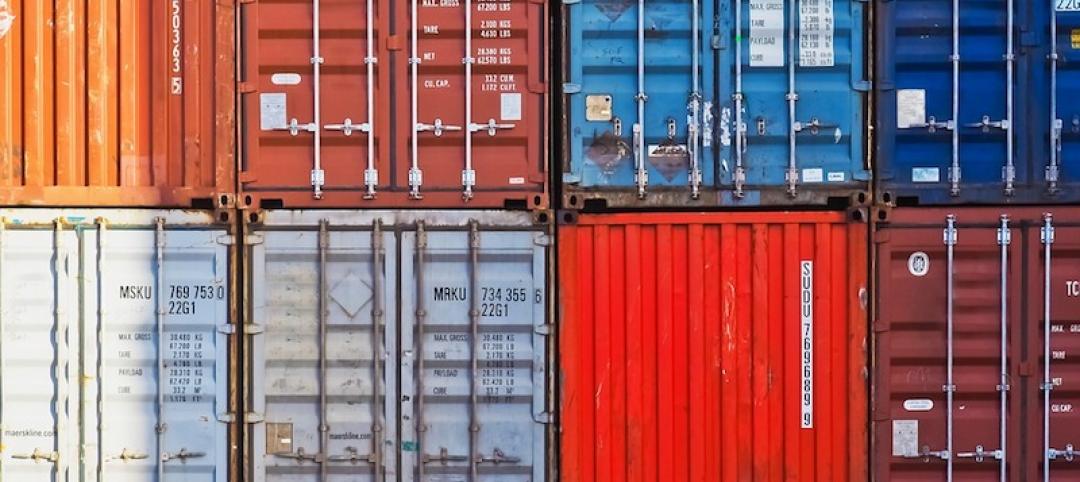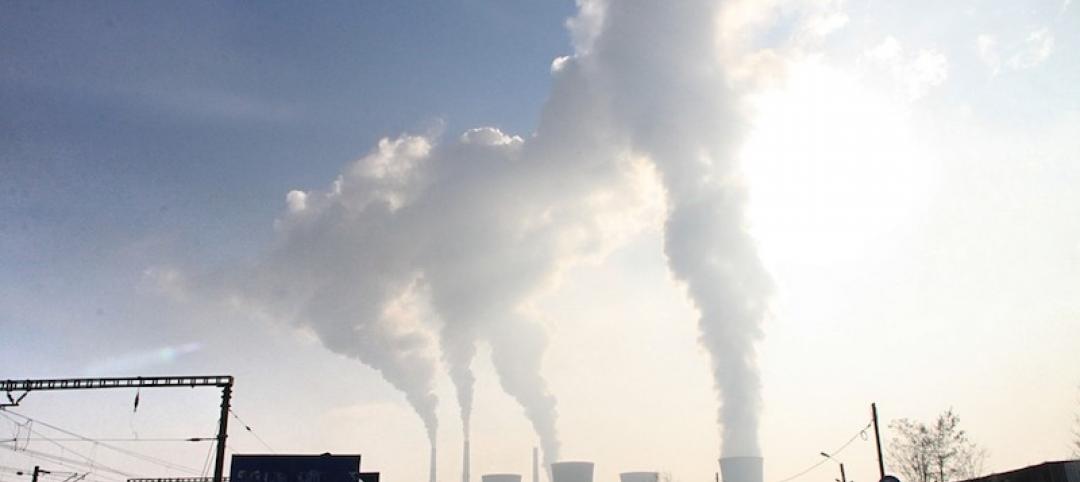Recent storms such as Hurricane Florence in the U.S. and Typhoon Mangkhut, which struck the Philippines and China, highlight the need for decentralized infrastructure, according to a recent Bloomberg article co-written by an energy analyst.
“On the basis of economics alone, the power systems of many countries will become highly decentralized in coming years,” the article says. By mid-century, more than a third of power-generation capacity in Japan will be customer-controlled in homes and businesses, the analyst asserts.
In Brazil, more than half of power generation will be in the control of private customers. If millions of small generators compensate for a small number of centralized failures, such decentralization would make electric systems more resilient.
While decentralization will grow based on the cost of energy, it will take government action as well. “Centralized decisions on things like building codes and flood zones can catalyze resilience,” the article says.
Related Stories
Codes and Standards | Mar 21, 2019
New York City contractors adding 5% to 10% to construction costs due to trade war
Tariffs on steel, aluminum, and other materials swell budgets.
Codes and Standards | Mar 20, 2019
Codes organizations to develop new guidelines on shipping containers as building components
Intl. Code Council and Modular Building Institute combine forces.
Codes and Standards | Mar 19, 2019
Plan for transformation of Lower Manhattan streetscapes unveiled
Pedestrian-friendly “Slow Streets” pilot starts on Earth Day 2019.
Codes and Standards | Mar 15, 2019
Newly developed building materials could have big impact on sustainability
Transparent wood, self-cooling walls, bricks that filter air pollutants among the technological breakthroughs.
Codes and Standards | Mar 14, 2019
U.S. and Canada differ on how to evaluate field performance of windows, curtain walls
Variations include laboratory test method for determining rate of air leakage.
Codes and Standards | Mar 13, 2019
Climate change can’t be stabilized without addressing urban sprawl
Even if power goes green, transportation will still be a major emissions source.
Codes and Standards | Mar 12, 2019
Virginia county hones new rainwater harvesting standard
Developer prompts new rules to use rainwater for heating and air conditioning.
Codes and Standards | Mar 8, 2019
Portland delays requirement for posted warnings on unreinforced brick and stone buildings
Regulation would mandate signs warning that buildings could be unsafe during earthquakes.
Codes and Standards | Mar 7, 2019
California will allow flame retardant-free building insulation
State also repeals business furniture flammability standard.
Codes and Standards | Mar 6, 2019
Sixty six construction companies cited for wage theft violations in Massachusetts
Penalties total $2.7 million.

















